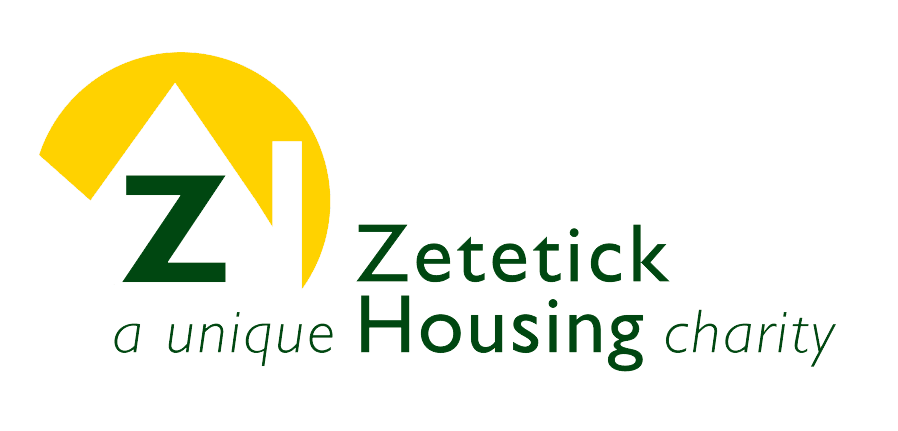Table of Contents
How does hoarding affect some vulnerable adults?
Following the New Year, we begin to look forward to Spring which is traditionally seen as a time to thoroughly clean one’s home and declutter the items that no longer serve us. But for those with autism and/or learning disabilities or mental health conditions, keeping on top of household cleaning can be much more difficult than it is for neurotypical people.
Some research suggests that up to 80% of those with autism suffer from executive function disorder, leading to difficulties managing time, planning ahead and completing tasks. Sensory sensitivities may prevent an individual from engaging with household tasks and self-care. This can lead to self-neglect which is identified as a type of abuse.

Hoarding is an act of self-neglect
Self-neglect can be intentional, this is where an individual consciously chooses to engage in self-neglect, for example failing to seek help or access services to meet health and social care needs. However, self-neglect can also be unintentional, this is when a health-related condition such as depression contributes to an individual’s risk of developing habits of self-neglect.
An individual with a learning disability may experience lapses in concentration and this may make them forget to attend to their personal hygiene or to look after their home – for example, by letting rubbish and dirt accumulate.
Self-neglect may lead some individuals towards behaviours such as hoarding where they struggle to part with items, this then leads to collections of items building up in unmanageable amounts within the individuals’ home. Hoarding can be physically dangerous for the individual as well as having a negative impact on their mental welfare. Hoarding is recognised as a mental health condition and further information can be found here on the Mind website.
There’s no one set way to organise and navigate keeping your house clean and tidy. All individuals, neurotypical or neurodivergent, have their own ways of keeping their home clean and tidy but it is important to ask for and seek help if you find yourself struggling to manage your household or believe that you are experiencing hoarding tendencies.
How Zetetick has helped tenants with their hoarding
It is central to our service at Zetetick that our tenants remain comfortable, safe and happy in their homes and we go above and beyond to support our tenants in whatever way we can.
Our Housing Maintenance & Support team recently took part in specialist training on hoarding so that they are better placed to support tenants that are experiencing hoarding tendencies. One useful tool that stood out in the training was the Clutter Image Rating Scale, which shows different levels of clutter/hoarding and how to recognise them. It is often used by agencies when making an assessment.
Recently, the Housing Maintenance & Support team helped a couple that are partially sighted who were beginning to exhibit hoarding tendencies – a build-up of items in their home were beginning to prevent them from fully using parts of their home.
It is important to ensure that you keep your home tidy and ensure that should you need to evacuate your property in the event of an emergency, your escape route can be easily accessed and there is nothing blocking the doors. The team identified that the build-up of clutter in the tenants’ home was a safeguarding concern and caught up with them in their home for a chat to discuss how Zetetick could support them to ensure that they remained safe and comfortable in their home.
The Zetetick Housing Maintenance & Support team worked with the tenants and their care provider to arrange for a cleaning company to come in and complete a deep clean and then a follow up clean once a week. It was agreed that the tenants would work with their care provider to reduce the number of items per week stored at the property.

Hoarding support and resources
It is possible to hoard anything, physical or digital. It can be difficult to recognise the signs of hoarding; early and formal diagnose of hoarding disorder or compulsive hoarding is not often made by doctors unless an individual has large volumes of clutter within their home.
Seeking help and guidance with managing your home is important to allow you to fully enjoy and be comfortable in your home.
See below for some helpful support services:
- Hoarding UK – UK Charity solely focused on supporting people impacted by hoarding behaviour
- Mind – provides useful contacts and organisations for hoarding
